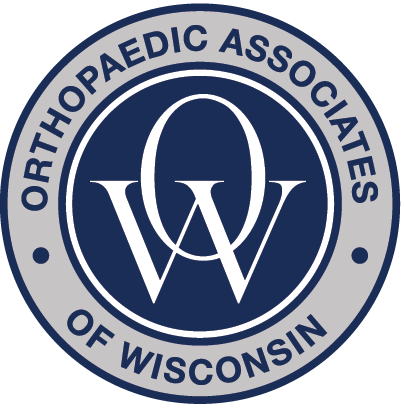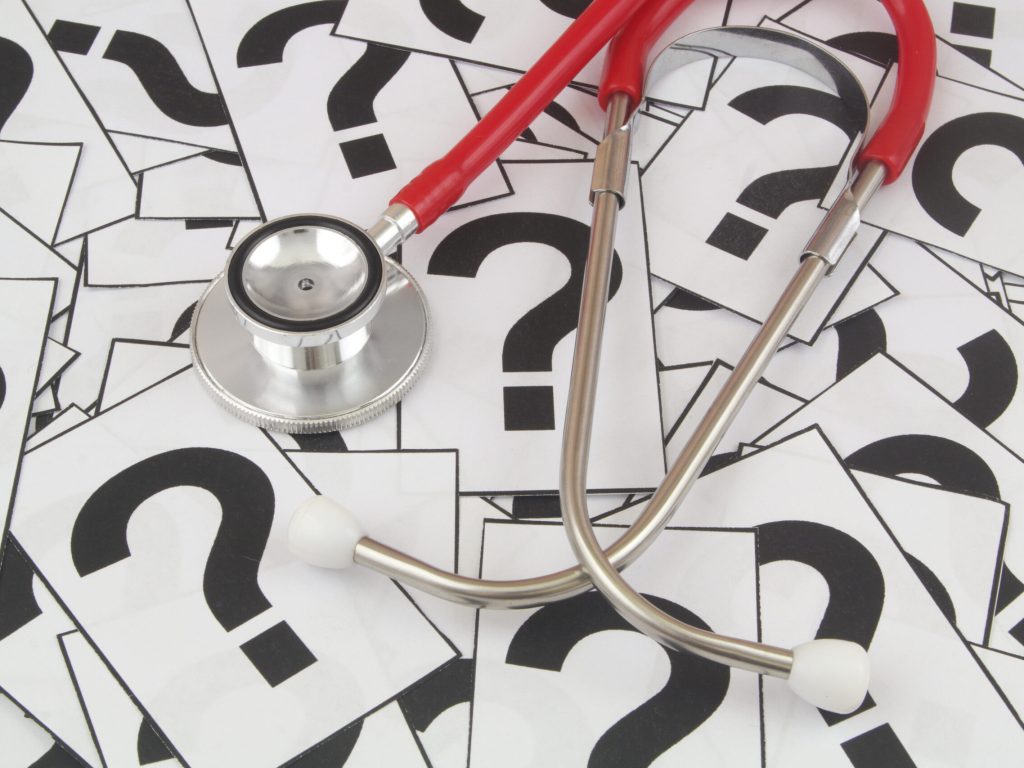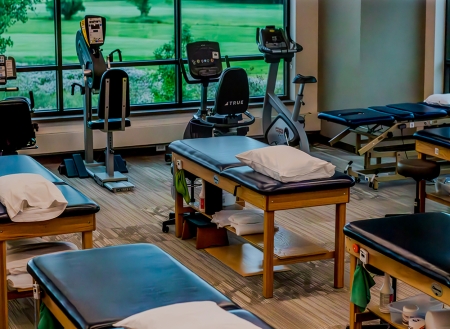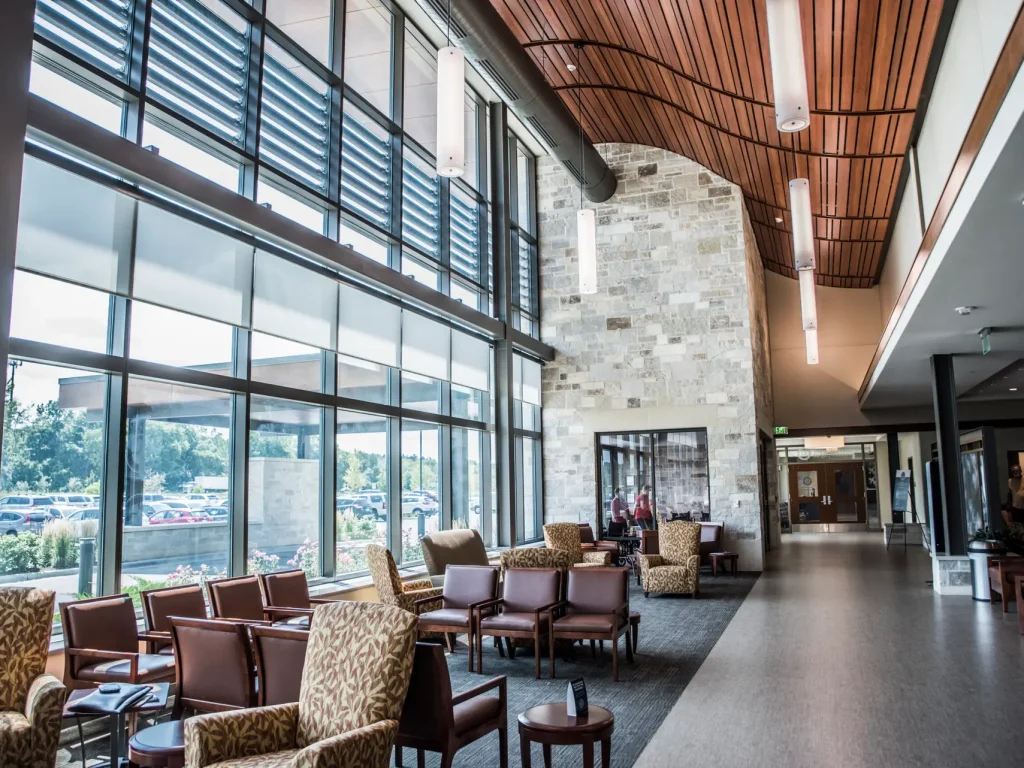SURGERY CENTER : FAQs
Find answers to common questions about orthopedic surgery, pre-op preparation, recovery, and what to expect at our state-of-the-art Surgery Center.
General Information
What is an Ambulatory Surgery Center (ASC)?
An ASC is a modern healthcare facility focused on providing same-day surgical care, including diagnostic and preventive procedures. Our ASC allows patients to have surgery in a comfortable, streamlined setting without needing an overnight hospital stay.
What types of surgeries are performed at your Surgery Center?
An ASC is a modern healthcare facility focused on providing same-day surgical care, including diagnostic and preventive procedures. Our ASC allows patients to have surgery in a comfortable, streamlined setting without needing an overnight hospital stay.
Who are the healthcare professionals staffing The Orthopaedic Surgery Center?
The Orthopaedic Surgery Center is staffed by Board-Certified/Fellowship-Trained Orthopaedic Physicians. A highly qualified nursing staff and anesthesiologist will monitor your care before, during and after your procedure.
BEFORE SURGERY
How should I prepare for my surgery?
You’ll receive detailed instructions from our pre-op team, including when to stop eating or drinking, what medications to take or pause, and what to bring with you. If you have questions, call us—we’re happy to walk you through it.
Will I need someone to drive me home?
Yes. For your safety, you must arrange for a responsible adult to drive you home and stay with you for at least 24 hours after your surgery.
What time should I arrive?
You’ll receive a call the day before surgery with your arrival time and final instructions. Make sure your phone is on and keep an eye on your voicemail.
Should I exercise before surgery?
Yes, you should aim to perform the exercises outlined in this book comfortably until advised otherwise by your physician.
How do I prepare for my procedure with general anesthesia?
Follow the guidelines provided, including fasting after midnight, using preoperative surgical soap, arranging dependable transportation, and having a responsible adult with you post-procedure
DAY OF SURGERY
What should I bring with me?
Bring your photo ID, insurance card, a list of current medications, and any paperwork we asked you to complete. Leave valuables at home.
What should I wear?
Wear loose, comfortable clothing and flat shoes. Avoid jewelry, makeup, and contact lenses.
Can a family member stay with me?
YOne family member or support person may wait with you before surgery and will be updated after your procedure. In some cases, they may be allowed back during recovery—please ask your nurse for details.
How do I know if I need a 23-hour stay after orthopaedic surgery?
Your physician will determine if you meet the necessary criteria to require a 23-hour stay and discuss the best option for care. This decision is made based on various factors such as the type of surgery you undergo, your overall health condition, and the expected post-operative recovery process.
AFTER SURGERY
When can I drive again?
Discuss this with your physician, taking into account any pain medications you may be taking.
Will I need therapy after discharge?
Yes, a staff member from your surgeon’s office will submit an outpatient physical therapy prescription for visits 2-3 times per week at the location of your choice. Please discuss this with your physician prior as each patient’s individual situation varies and home therapy may be an option for you as well.
Will I experience pain after surgery?
Yes, but your surgeon and anesthesiologist will manage your pain effectively with a tailored plan. Post-operative pain is common, but our staff will ensure you are comfortable with appropriate medication. Your surgeon will provide a prescription or e-prescribe medications based on their decision and your needs.
Will I require assistance at home after surgery?
Yes, especially in the initial days or weeks. It’s advisable to arrange for family or friends to assist you. See the pre-surgical checklist included for more guidance.
When can I return to work?
Consult with your surgeon regarding the expected time off work based on your specific procedure and work type. Coordinate with your company’s Human Resources department regarding disability coverage and medical leave.
How soon after surgery will I see my physician?
Typically, you will have your first postoperative visit 10 to 14 days after discharge, arranged through your physician’s Administrative Assistant at Orthopaedic Associates of Wisconsin.
What activities can I engage in post-recovery?
Once fully recovered, low-impact activities like golf, tennis, swimming, biking, and walking are encouraged. Discuss this with your physician before resuming any activities.
How long will my recovery take?
Once fully recovered, low-impact activities like golf, tennis, swimming, biking, and walking are encouraged. Discuss this with your physician before resuming any activities.
When can I shower after surgery?
Typically, you can shower between 3-5 days post-surgery, as advised by your discharge nurse and surgeon.
Will I need a walker, crutches, or cane?
Depending on your surgery, yes. The medical staff will determine which type of assistive device(s) you may need and will instruct you on proper fit and use. If you have these devices at home already, spend some time before surgery practicing getting around with them.
We recommend you start with a walker immediately after surgery. Your transition to a cane will be directed by your physical therapist.
If your anesthesiologist places a pain catheter, you must have your knee brace on while ambulating until the pain catheter is out (typically three (3) days after surgery).
PAIN MANAGEMENT CENTER QUESTIONS
NEEDS TO BE CREATED
Discuss this with your physician, taking into account any pain medications you may be taking.




